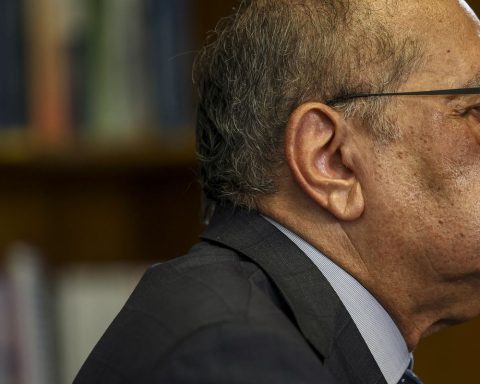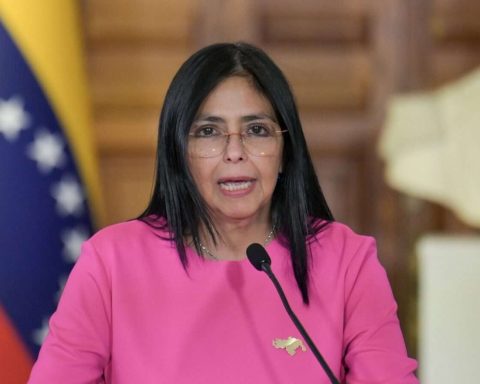During August, the inflation in the City of Buenos Aires it slowed down compared to July when it marked a historic 7.7% and stood at 6.2% in the eighth month and, although the figure was lower, it is still very high.
After knowing the inflation August, the accumulated variation was 53% annual; while, in the last 12 months, the price index reached 74.6%, according to what was announced on Thursday by the Buenos Aires Statistics Directorate.
According to the report, the inflation of CABA was mainly impacted by the increase in prices of food and non-alcoholic beverages, an item that increased 7.1% in the last month.
Likewise, there were increases in items such as: health (9%), housing, water, electricity, gas and other fuels (4.2%), restaurants and hotels (5.5%), and transportation (5.1%) .

As for food and non-alcoholic beverages, some of the products with the highest increases were: bread and cereals (7.1%), milk, dairy products and eggs (7.5%), vegetables, tubers and legumes (11.4 %) and meat and derivatives (4.0%).
In particular, “the 9% rise in the health category was due to increases in prepaid medicine quotas and, to a lesser extent, to increases in medicine prices,” according to the General Directorate of Statistics and Censuses.

The agency also reports that, for its part, “housing, water, electricity, gas and other fuels averaged an increase of 4.2%, mainly due to increases in rental prices.”
How will inflation be at the national level
Just one week after the INDEC (National Institute of Statistics and Censuses) publishes the figure with the price index At the national level, on September 14, private consultations anticipate that the figure will remain high.

According to projections, the figure will oscillate between 6.3% and 7%, which would reach an annual accumulated of more than 50%. In addition, experts assure that, during the coming months, the trend will remain high, so the figure is expected to reach three digits by the end of 2022.


















